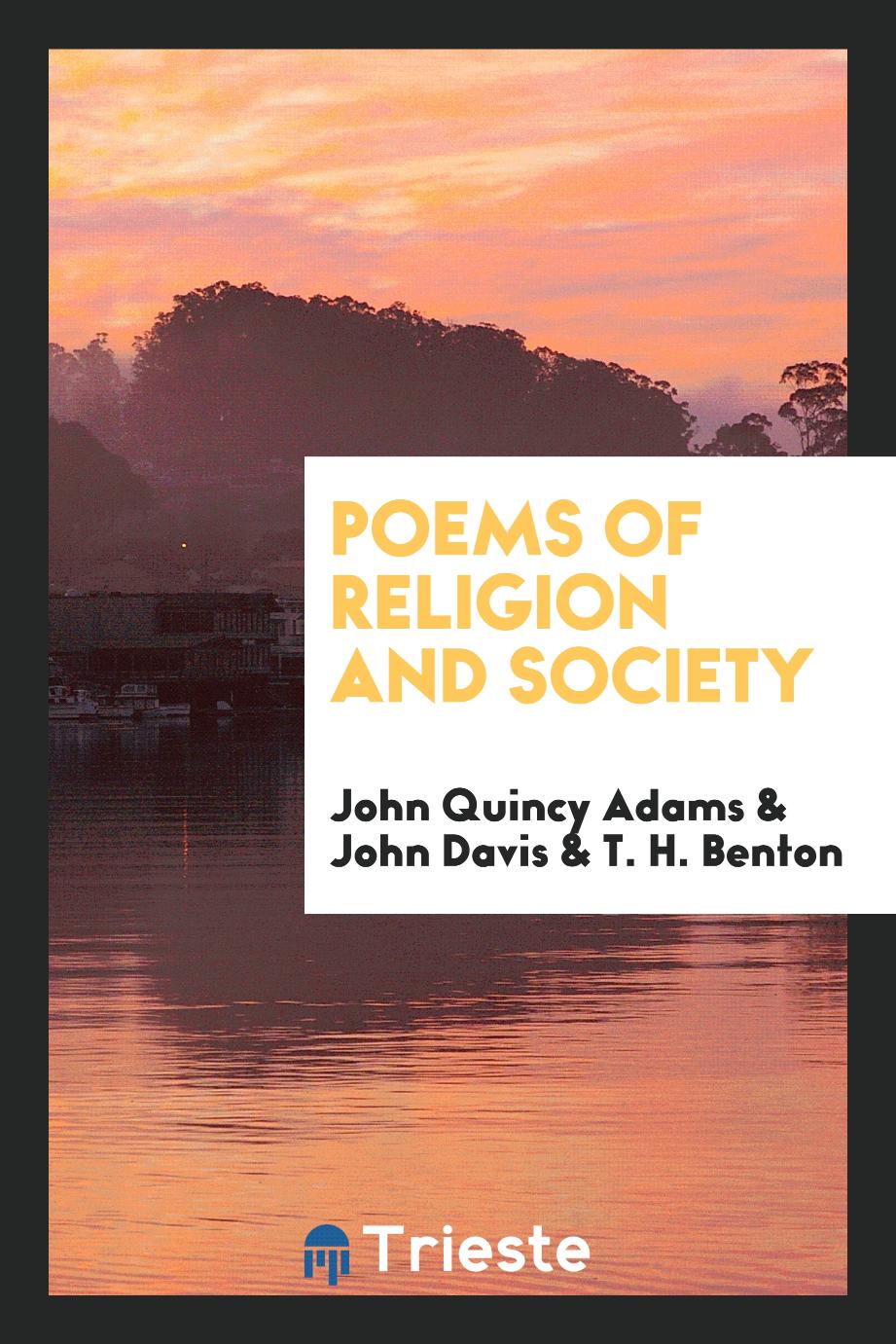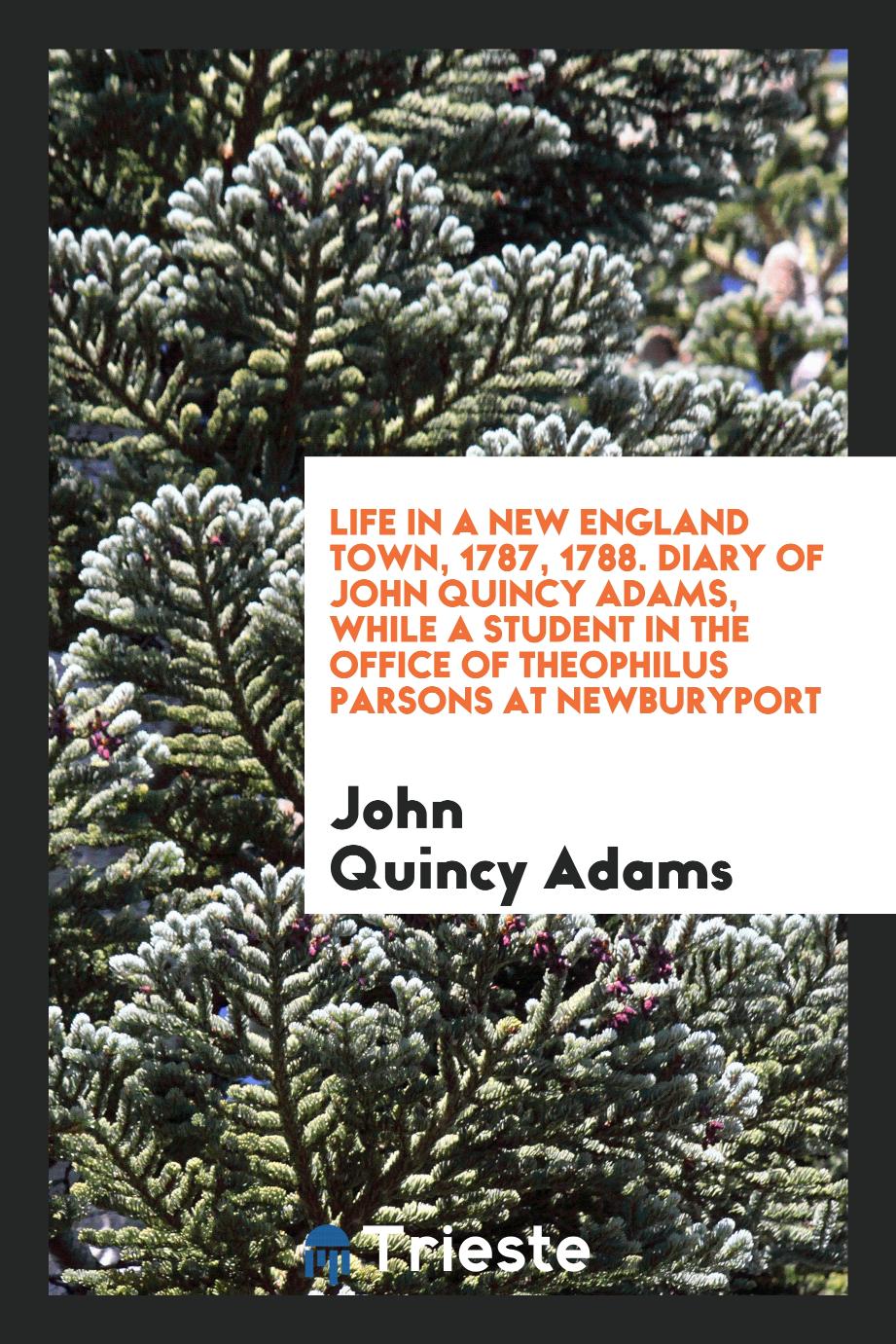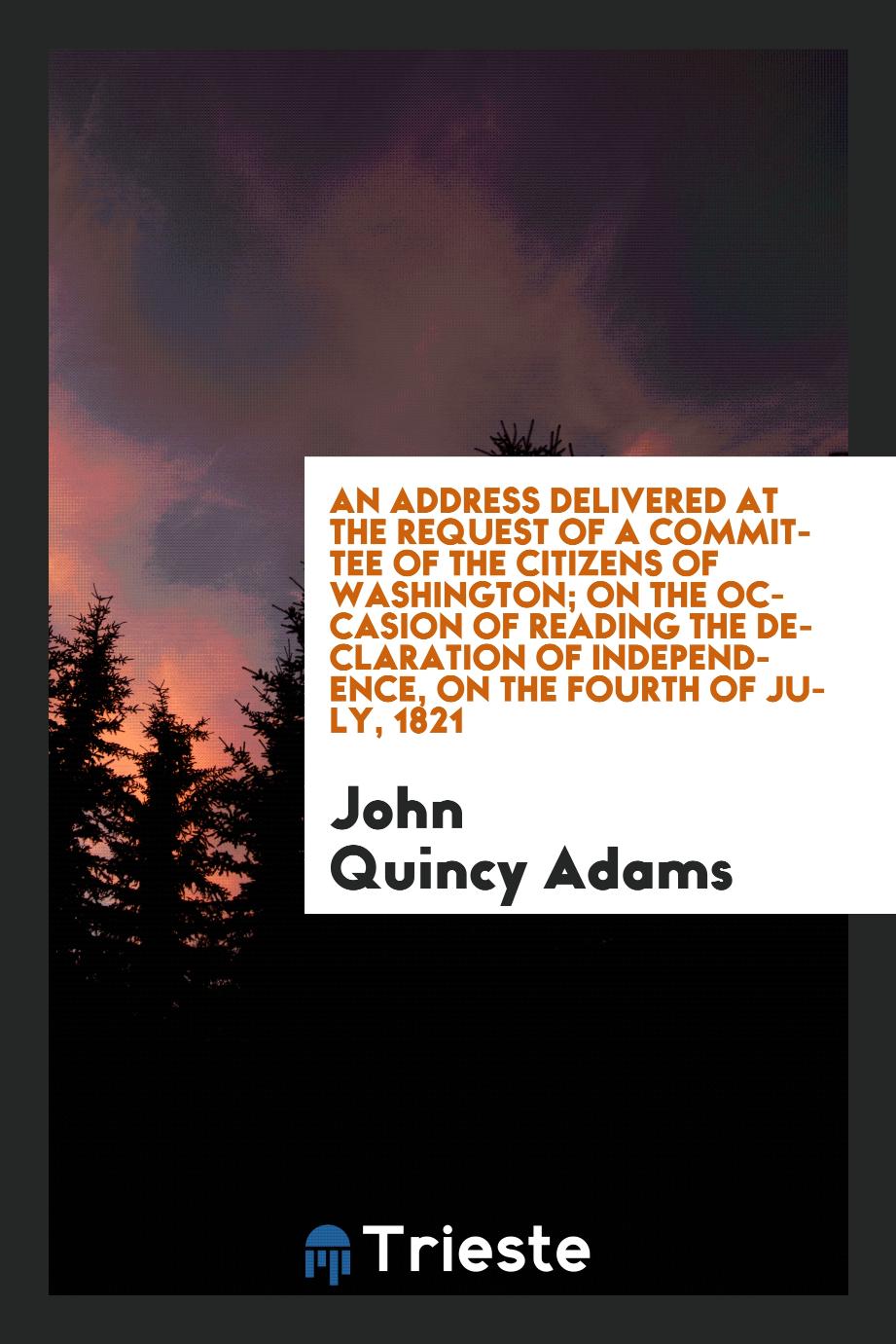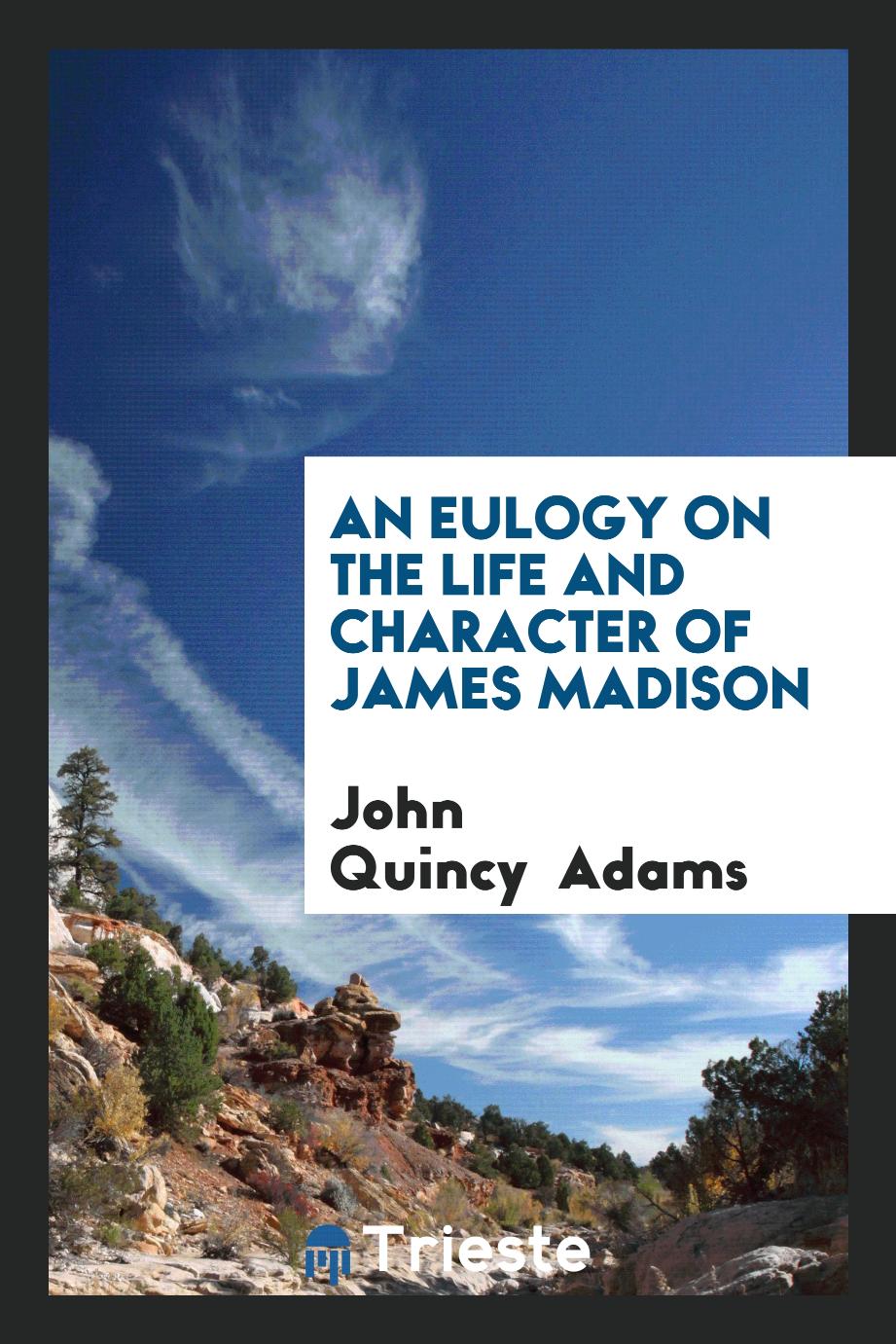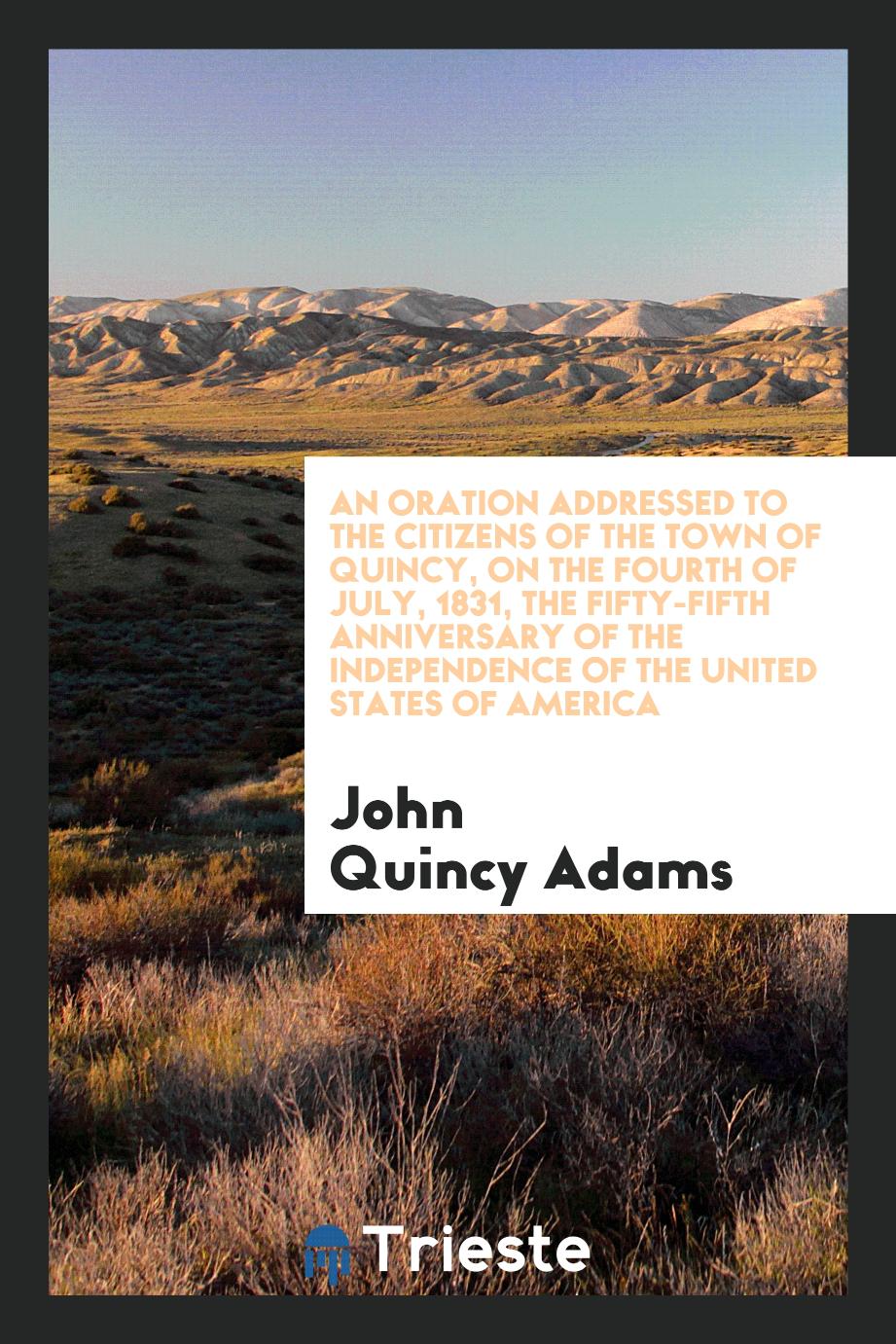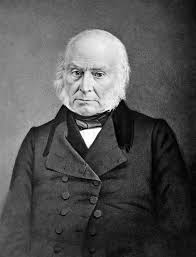
John Quincy Adams
John Quincy Adams (July 11, 1767 - February 23, 1848) was an American statesman, diplomat, lawyer, and diarist who served as the sixth president of the United States from 1825 to 1829. He previously served as the eighth United States Secretary of State from 1817 to 1825. During his long diplomatic and political career, Adams also served as an ambassador, and as a member of the United States Senate and United States House of Representatives representing Massachusetts. He was the eldest son of John Adams, who served as the second US president from 1797 to 1801, and First Lady Abigail Adams. Initially a Federalist like his father, he won election to the presidency as a member of the Democratic-Republican Party, and in the mid-1830s became affiliated with the Whig Party. Born in what is now Quincy, Massachusetts (then part of the town of Braintree), Adams spent much of his youth in Europe, where his father served as a diplomat. After returning to the United States, Adams established a successful legal practice in Boston. In 1794, President George Washington appointed Adams as the U.S. ambassador to the Netherlands, and Adams would serve in high-ranking diplomatic posts until 1801, when Thomas Jefferson took office as president. Federalist leaders in Massachusetts arranged for Adams's election to the United States Senate in 1802, but Adams broke with the Federalist Party over foreign policy and was denied re-election. In 1809, Adams was appointed as the U.S. ambassador to Russia by President James Madison, a member of the Democratic-Republican Party. Adams held diplomatic posts for the duration of Madison's presidency, and he served as part of the American delegation that negotiated an end to the War of 1812. In 1817, newly-elected President James Monroe selected Adams as his Secretary of State. In that role, Adams negotiated the Adams-Onís Treaty, which provided for the American acquisition of Florida. He also helped formulate the Monroe Doctrine, which became a key tenet of U.S. foreign policy. The 1824 presidential election was contested by Adams, Andrew Jackson, William H. Crawford, and Henry Clay, all of whom were members of the Democratic-Republican Party. As no candidate won a majority of the electoral vote, the House of Representatives held a contingent election to determine the president, and Adams won that contingent election with the support of Clay. As president, Adams called for an ambitious agenda that included federally-funded infrastructure projects, the establishment of a national university, and engagement with the countries of Latin America, but many of his initiatives were defeated in Congress.
